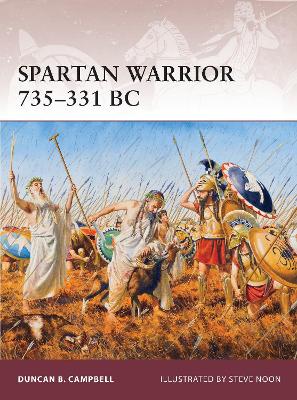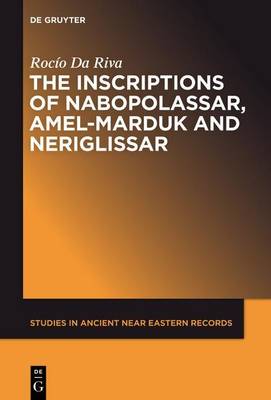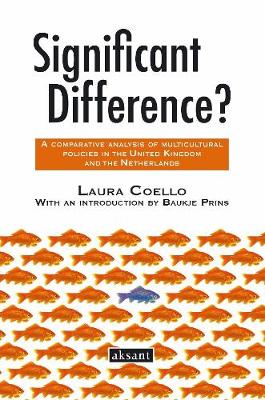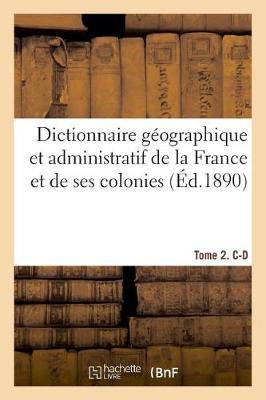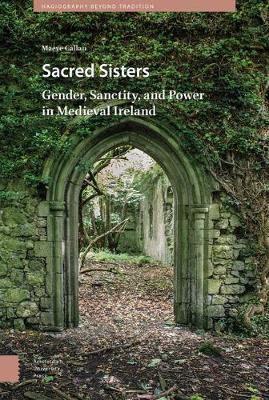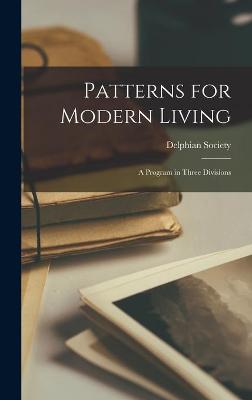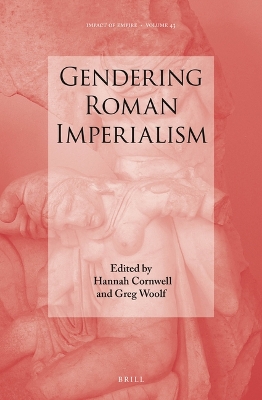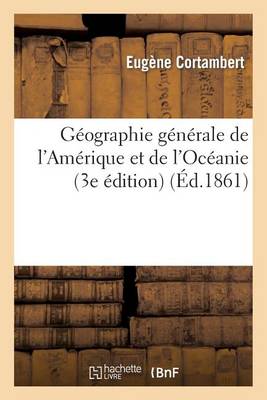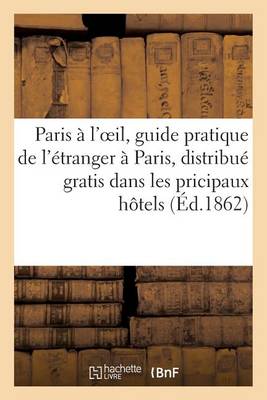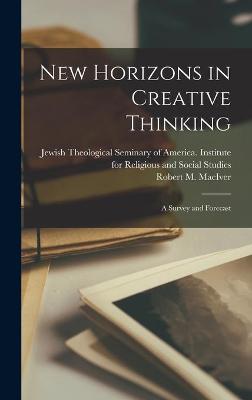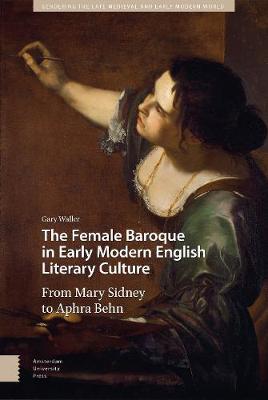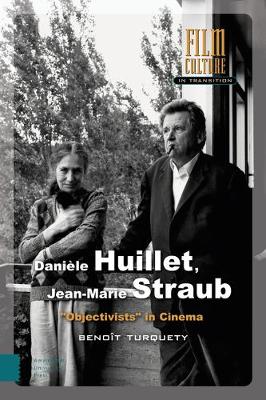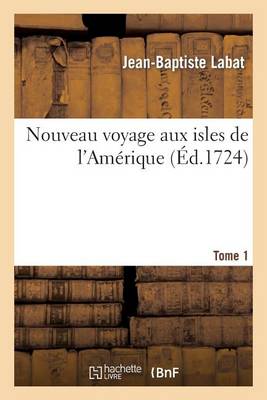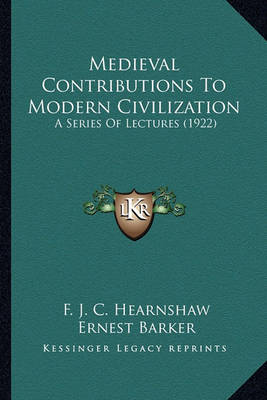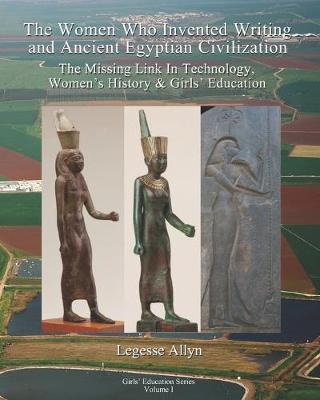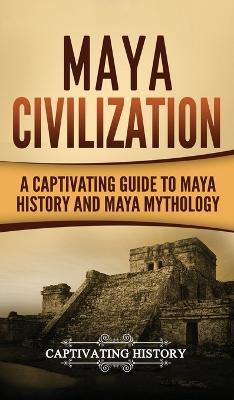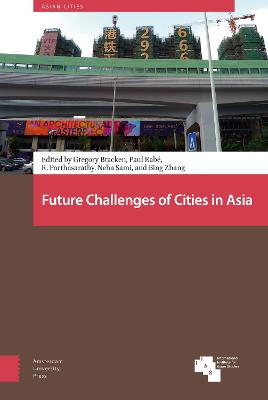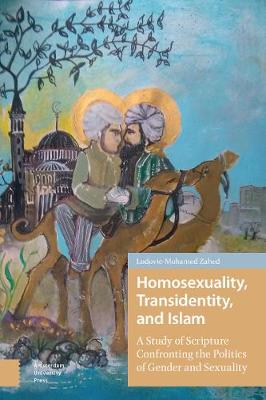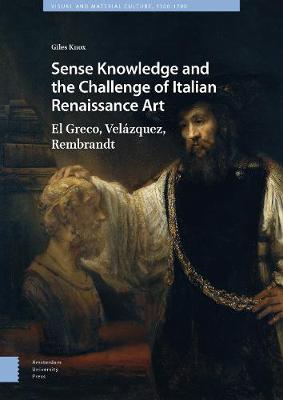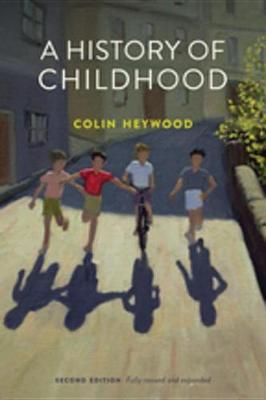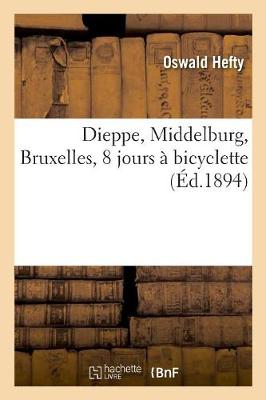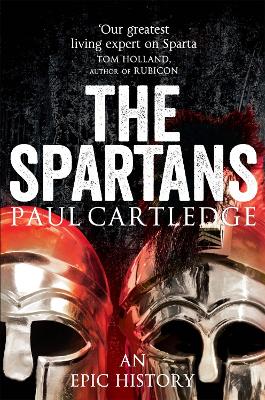Immortalized through their exploits at the battle of Thermopylae under the legendary Leonidas, as well as countless other victories throughout the classical period, the Spartans were some of the best-trained, -organized and most-feared warriors of the ancient world. The small state of Sparta, known to the Ancient Greeks as Lakedaimon, developed a unique warrior society that used serfs and non-citizens to do all of the manual work, leaving the free-born men of Sparta free to concentrate all of th...
Inscriptions of Nabopolassar, Amel-Marduk and Neriglissar
by Roc Da Riva
Violent incidents that took place in 2004 and 2005 in the Netherlands and the UK respectively prompted people to claim that multiculturalism had failed. This claim requires an assessment of the effect of the policies that were drafted based on this political philosophy. In this study, the author analyses two sets of policies developed from multiculturalism: policies of anti-discrimination of minorities and their labour market participation. The effect of these policies is assessed by studying th...
Dictionnaire Geographique Et Administratif de la France Et de Ses Colonies. Tome 2. C-D
by Hureaux-J
Sacred Sisters focuses on five saints: the four female Irish saints who have extant medieval biographies (Darerca, Brigid, Ite, and Samthann), and Patrick, whose writings -- fifth-century Ireland's sole surviving texts -- attest to the centrality of women in Irish Christianity's development. Women served as leaders and teachers, perhaps even as bishops and priests, and men and women worked together in a variety of arrangements as well as independently. Previous studies of gender in medieval Irel...
Gendering Roman Imperialism (Impact of Empire, #43)
For more than fifty years the standard debates about Roman Imperialism were written more or less entirely in terms of male agency, male competition, and male participation. Not only have women been marginalized in these narratives as just so much collateral damage but there has been little engagement with gender history more widely, with the linkages between masculinity and warfare, with the representation of relations of power in terms of gender differentials, with the ways social reproduction...
Geographie Generale de l'Amerique Et de l'Oceanie (3e Edition) (Ed.1861) (Histoire)
by Cortambert-E
Paris A l'Oeil: Guide Pratique Et Ill. de l'Etranger A Paris, Distribue Gratis Au Nombre de 10 000 (Histoire)
by Administration
The Female Baroque in Early Modern English Literary Culture is a contribution to the revival of early modern women's writings and cultural production in English that began in the 1980s. Its originality is twofold: it links women's writing in English with the wider context of Baroque culture, and it introduces the issue of gender into discussion of the Baroque. The title comes from Julia Kristeva's study of Teresa of Avila, that 'the secrets of Baroque civilization are female'. The book is built...
Daniele Huillet, Jean-Marie Straub (Film Culture in Transition, #0)
by Beno t Turquety
Daniele Huillet and Jean-Marie Straub collaborated on films together from the mid-1960s through the mid-2000s, making formally radical adaptations in several languages of major works of European literature by authors including Franz Kafka, Bertolt Brecht, Friedrich Hoelderlin, Pierre Corneille, Arnold Schoenberg, Cesare Pavese, and Elio Vittorini. The impact of their work comes in part from a search for radical objectivity, a theme present in certain underground currents of modernist art and the...
The Women Who Invented Writing and Ancient Egyptian Civilization
by Legesse Allyn
Maya Civilization (Mayan Civilization, Aztecs and Incas, #1)
by Captivating History
Future Challenges of Cities in Asia (Asian Cities, #11)
The ten essays in Future Challenges of Cities in Asia engage with some of the most critical urban questions of the near future across Asia. These comprise socio-economic and cultural transitions as a result of urbanization; environmental challenges, especially questions of climate change, natural disasters, and environmental justice; and the challenges of urban infrastructure, built form, and new emerging types of urban settlements. The essays demonstrate that it is increasingly difficult to con...
-- With a foreword from Jan Jaap de Ruiter. Translation and Afterword by Adi S. Bharat. -- In Homosexuality, Transidentity, and Islam: A Study of Scripture Confronting the Politics of Gender and Sexuality, Ludovic-Mohamed Zahed systematically analyses the entirety of Islamic scriptural sources that relate to the question of gender and sexuality in relation to their historical contexts. Through an approach that is certainly more politically engaged than that of most Islamic thinkers of our time,...
Sense Knowledge and the Challenge of Italian Renaissance Art (Visual and Material Culture, 1300-1700, #17)
by Giles Knox
Giles Knox examines how El Greco, Velaizquez, and Rembrandt, though a disparate group of artists, were connected by a new self-consciousness with respect to artistic tradition. In particular, Knox considers the relationship of these artists to the art of Renaissance Italy, and sets aside nationalist art histories in order to see the period as one of fruitful exchange. Across Europe during the seventeenth century, artists read Italian-inspired writings on art and these texts informed how they con...
Colin Heywood's classic account of childhood from the early Middle Ages to the First World War combines a long-run historical perspective with a broad geographical spread. This new, comprehensively updated edition incorporates the findings of the most recent research, and in particular revises and expands the sections on theoretical developments in the 'new social studies of childhood', on medieval conceptions of the child, on parenting and on children’s literature. Rather than merely narratin...
de la Vicissitude Ou Variete Des Choses En l'Univers (Textes de La Renaissance, #182)
by Loys Le Roy
The Spartan legend has inspired and captivated subsequent generations with evidence of its legacy found in both the Roman and British Empires. The Spartans are our ancestors, every bit as much as the Athenians. But while Athens promoted democracy, individualism, culture and society, their great rivals Sparta embodied militarism, totalitarianism, segregation and brutal repression. As ruthless as they were self-sacrificing, their devastatingly successful war rituals made the Spartans the ultimate...
